STEM Partner Volunteer FAQs
Who can I email for help?
If you have questions or need general help throughout the STEM Partner process, please email STEMpartners@techpointyouth.org and we will make sure you get the assistance you need!
DO I HAVE TO BE A “SCIENTIST”TO PARTICIPATE?
No. Anyone with experience in science, technology, engineering, or math is welcome to participate in the program to enhance and advance STEM education. STEM Partners assist the teacher as an “extra pair of hands,” as well as encourage and help students with hands-on STEM instruction. During the volunteer sign-up process, you will be able to choose a grade, curriculum, and specific program opportunity that best matches your skill set and schedule.
MY WORK SCHEDULE VARIES; CAN I STILL VOLUNTEER?
With the multitude of opportunities available, you should be able to find an opportunity that works with your schedule. Our teachers and coaches some flexibility and will work with you to find a day or time that works for you. Some weeks they can even change the day or time if necessary.
I DON’T HAVE TEACHING EXPERIENCE; WILL I RECEIVE TRAINING?
Absolutely. STEM Partners will be required to attend a short training course prior to the first classroom visit. The training will introduce you to the modern classroom and how you can use your expertise and connect what the students are learning to the learn world.
WHAT IS THE TIME COMMITMENT?
STEM Partners commit to attending a virtual training session specific to their program selection, and volunteering at least 1 hour per month in the classroom from September through May.
DO I NEED TO PASS A BACKGROUND CHECK TO VOLUNTEER IN THE CLASSROOM?
Maybe. Every school district has different requirements. Ask the teacher you are volunteering with about the requirements for their school. He or she can provide you with the necessary forms.
WILL I HAVE ANY TEACHING RESPONSIBILITIES?
No. The teacher will teach the lesson. Your responsibilities include:
Ensure students understand the lesson
Ask students probing questions to encourage deeper understanding of their experiments or problems
Reinforce the importance of good documentation
Monitor their work to reinforce good efforts and help guide where there are struggles
Make connections between the work they are doing and real-life applications in STEM professions
Share interesting stories, experiences, and your path to becoming a STEM professional
Be a role model by showing that anyone can pursue a STEM career if they think critically and work hard
Have fun and enjoy learning with (and from) the students!
